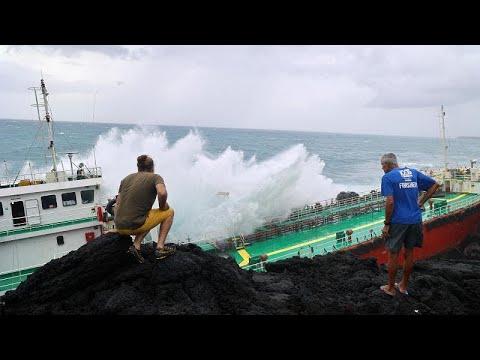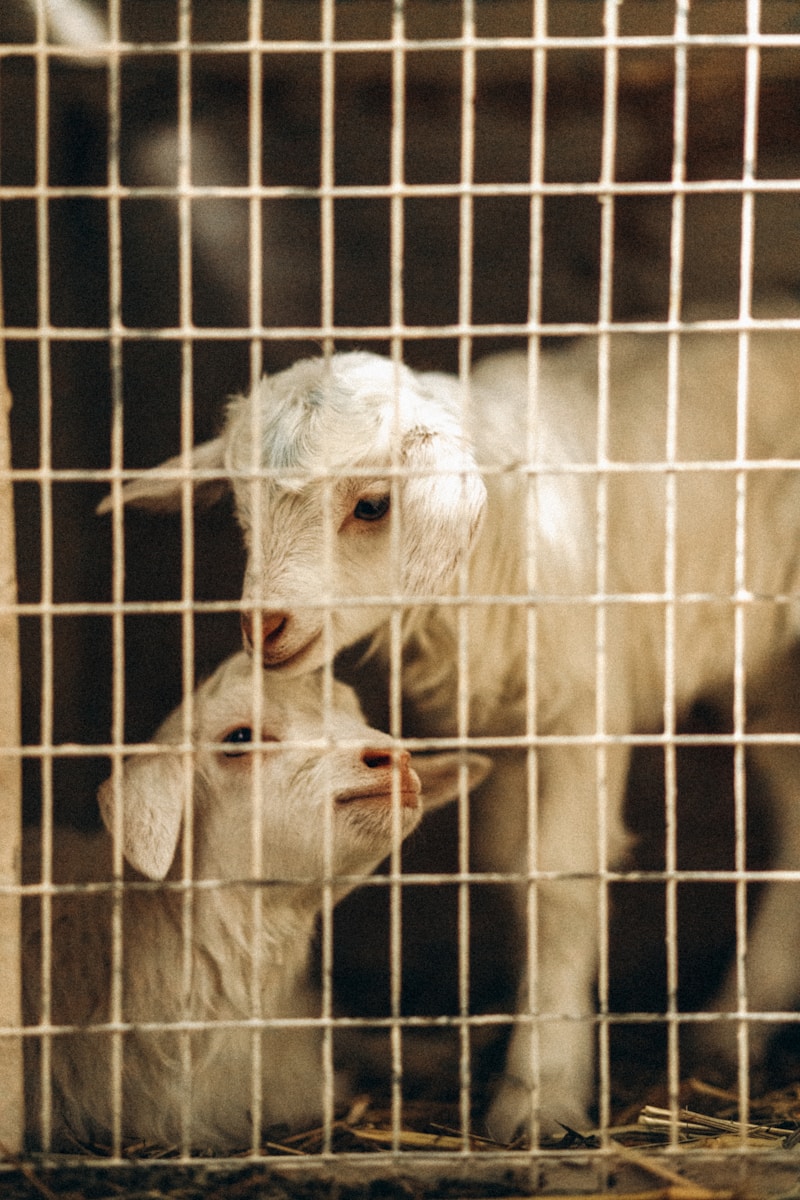Oil tanker Mauritius: incident overview
The Oil tanker Mauritius stranded off the coast of Reunion Island has raised significant concerns among environmentalists, local authorities, and maritime operators. The vessel, carrying thousands of tons of crude oil, encountered mechanical difficulties that left it immobile near the sensitive marine ecosystem surrounding Reunion. Immediate actions were taken to prevent oil leakage, but the incident underscores the vulnerability of shipping operations in this region and the potential risks to local fisheries and coastal communities.
The Oil tanker Mauritius situation has prompted emergency response teams to coordinate with international maritime authorities to assess and manage the risk. Salvage operations are underway, involving tugboats and specialized equipment to stabilize the vessel. The delay in resolving the incident has highlighted the need for more stringent safety measures and contingency planning for oil transportation routes near small island nations like Mauritius and Reunion. Local residents and business owners are watching the situation closely, worried about the environmental impact and potential economic losses.
In addition to the environmental concerns, the Oil tanker Mauritius incident has affected maritime schedules, leading to delays in commercial shipping and port activities. Authorities emphasize that maintaining strict safety protocols is essential to prevent similar incidents in the future. The event also sparks a broader discussion about the environmental responsibilities of shipping companies and the need for regional cooperation to protect fragile island ecosystems from industrial accidents.
Oil tanker Mauritius: environmental impact
The environmental impact of the Oil tanker Mauritius stranding cannot be underestimated. The surrounding coral reefs and marine life face potential risks if any leakage occurs. Marine biologists and environmental experts have stressed the importance of immediate containment strategies to minimize damage. Protective measures, such as deploying oil booms and monitoring water quality, are being implemented to ensure that the ecosystem remains unharmed.
The Oil tanker Mauritius incident serves as a case study for the potential environmental consequences of maritime accidents near small island nations. Local fisheries, which are vital for the livelihoods of many residents, could be severely affected by contamination. Authorities are also monitoring the situation for potential long-term effects on tourism, as pristine coastal waters are a key attraction for visitors. Preventive actions and rapid response mechanisms are crucial to preserving both the environment and the economic stability of the region.
Communities around Reunion Island and Mauritius are increasingly aware of the risks posed by large-scale maritime transport. The Oil tanker Mauritius event has led to public discussions on sustainable shipping practices, stricter regulatory oversight, and emergency preparedness. By learning from this incident, authorities and shipping companies can develop more effective strategies to safeguard marine biodiversity while ensuring safe maritime commerce.
Oil tanker Mauritius: economic implications
The economic implications of the Oil tanker Mauritius stranding extend beyond environmental concerns. Shipping delays affect import and export schedules, impacting the supply chain for essential goods. Local businesses relying on timely deliveries face operational challenges, and any prolonged disruption could increase costs for consumers. Authorities are coordinating with port officials and maritime companies to minimize financial losses and ensure that commercial operations resume promptly.
The Oil tanker Mauritius incident also highlights the broader economic vulnerability of island nations dependent on maritime trade. Insurance costs, emergency response expenses, and potential fines add financial pressure on shipping companies. Local government agencies are exploring ways to strengthen maritime safety regulations and support affected communities, emphasizing the need for proactive risk management to prevent similar disruptions in the future.
In summary, the Oil tanker Mauritius stranding has sparked a comprehensive review of maritime safety, environmental protection, and economic preparedness. Lessons learned from this event will inform policy decisions and operational protocols, ensuring that future incidents are managed more effectively, safeguarding both the environment and the economic interests of Mauritius and the surrounding region.
Oil tanker Mauritius: response and mitigation efforts
The response to the Oil tanker Mauritius stranding has involved coordinated efforts from local authorities, maritime rescue teams, and international experts. Tugboats and specialized equipment have been deployed to stabilize the vessel and prevent any leakage that could threaten the marine ecosystem. Emergency protocols were activated immediately, emphasizing the importance of preparedness in handling maritime accidents. The situation has also prompted discussions about the adequacy of safety measures in shipping routes surrounding small islands, highlighting the need for comprehensive risk assessments and contingency planning.
Local communities are closely monitoring the progress of the mitigation efforts, concerned about potential environmental and economic repercussions. Fisheries, tourism, and local commerce are particularly sensitive to disruptions caused by the incident. Authorities are engaging with stakeholders to provide updates and guidance, while environmental NGOs are conducting independent assessments to ensure that all necessary precautions are taken. The Oil tanker Mauritius event has sparked a dialogue on sustainable shipping practices and the implementation of stricter regulations to safeguard fragile coastal ecosystems.
For more detailed updates on maritime incidents and environmental safety in Mauritius, you can visit: News Mauritius.
Oil tanker Mauritius: economic and environmental consequences
The economic and environmental consequences of the Oil tanker Mauritius stranding are closely intertwined. Shipping delays have disrupted import and export operations, affecting local businesses and increasing costs for consumers. Meanwhile, environmental concerns remain critical, as even minor oil leaks could damage coral reefs, fisheries, and coastal tourism. Authorities are balancing the need for economic continuity with environmental protection, ensuring that emergency measures are both effective and sustainable.
International support has been requested to assess potential risks and provide technical expertise in oil containment and salvage operations. The Oil tanker Mauritius incident underscores the necessity of regional cooperation, advanced safety training, and robust regulatory frameworks to mitigate future maritime hazards. Lessons learned from this event will help improve maritime protocols, ensuring that Mauritius is better prepared for similar challenges in the future.
For additional expert guidance on maritime safety and environmental protection, see the World Maritime News overview: World Maritime News – Oil Tanker Safety.
Conclusion on the Oil tanker Mauritius incident
In conclusion, the Oil tanker Mauritius stranding off Reunion Island has highlighted critical challenges in maritime safety, environmental protection, and economic preparedness. Coordinated response efforts, regulatory oversight, and community engagement are essential to mitigate risks and protect both local ecosystems and economic interests. This incident serves as a valuable lesson, reinforcing the importance of stringent safety measures, proactive planning, and sustainable maritime practices for Mauritius and neighboring regions.




